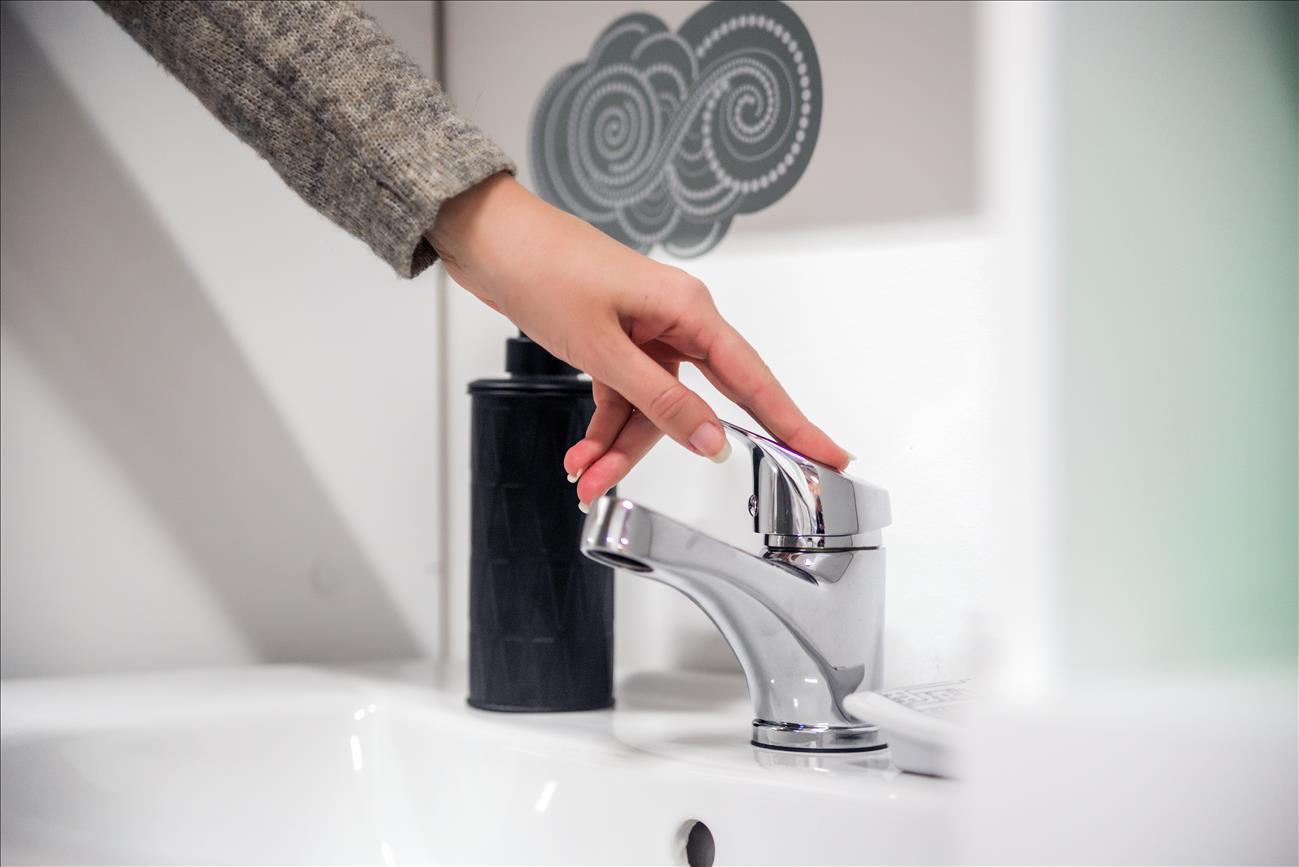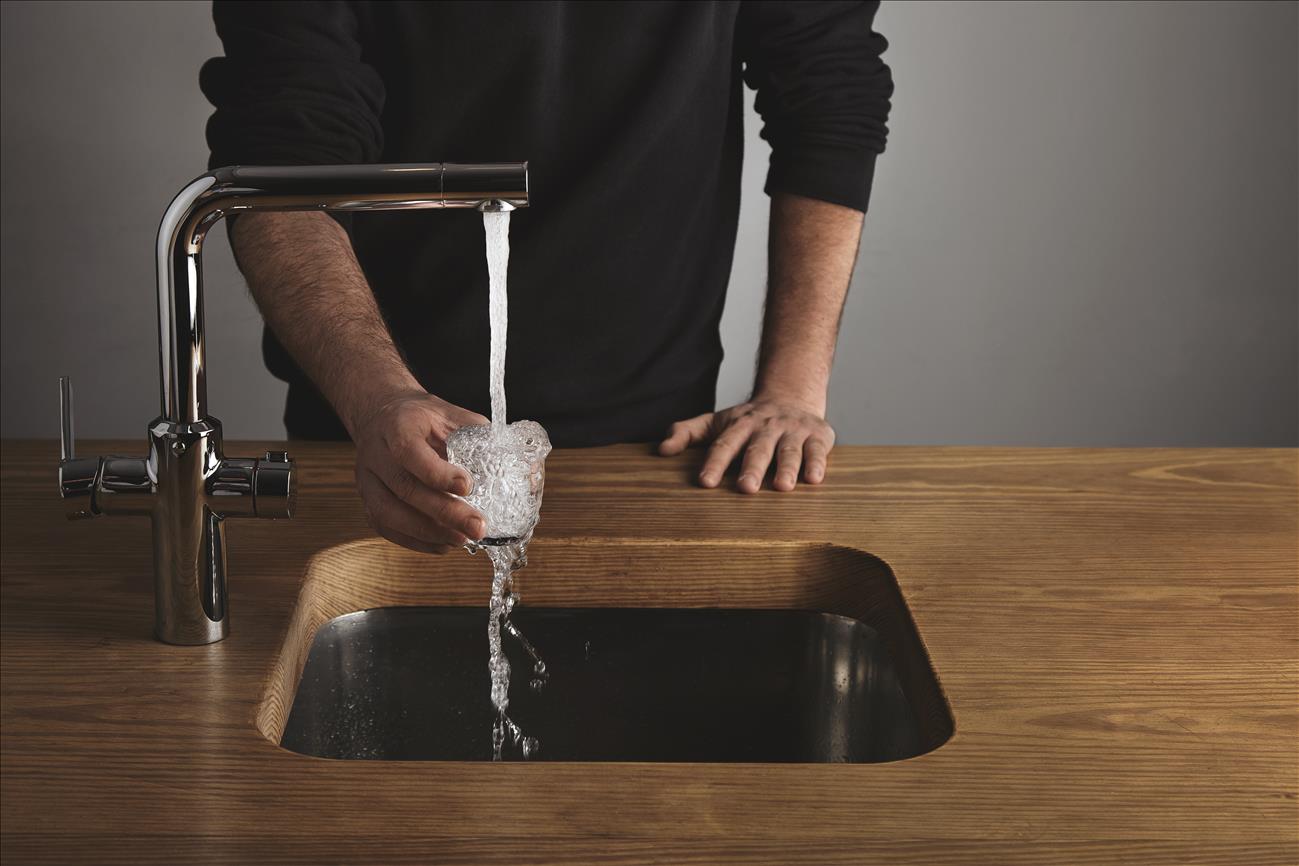No Hot Water In House: What You Need To Know!


Feeling miserable because of “No Hot water in the house”? Having no hot water in the house is not only inconvenient but can also disrupt your daily routine in more ways than one. Whether you rely on a gas or electric water heater, understanding why your home might lack hot water is the first step to finding a solution.
In this blog, we’ll explore the most common reasons why you might have no hot water in the house. We’ll walk you through some simple troubleshooting steps, share quick fixes, and explain when it’s time to call in a professional.
By the end, you’ll have a clear path to restoring that much-needed hot water to your home. And if you’re unsure where to turn for help, Billy.com is here to connect you with trusted experts who can get the job done. So, let's tackle this problem together!
The Common Causes of No Hot Water in the House
When your house suddenly has no hot water, it can feel overwhelming. But understanding the common causes can make troubleshooting much easier. Here are some of the most frequent reasons why you might be dealing with this issue:
- Faulty Water Heater: A malfunctioning water heater is one of the primary culprits. Over time, wear and tear can lead to failures in key components, such as the heating element or gas burner.
- Pilot Light Problems: If you have a gas water heater, the pilot light might have gone out. This is a common issue that’s relatively easy to fix.
- Electrical Issues: For electric water heaters, problems with the circuit breaker, thermostat, or heating element can result in no hot water.
- Sediment Build-Up: Over time, minerals from hard water can settle at the bottom of your water heater, reducing its efficiency and preventing it from heating water effectively.
- Broken Thermostat: A faulty thermostat can prevent your water heater from reaching the desired temperature or heating water at all.
- Other Plumbing Issues: Sometimes, the problem isn’t the water heater itself. Blocked pipes, leaks, or even extreme cold weather can interfere with your hot water supply.
By identifying the root cause, you’ll have a much better idea of how to proceed and whether you can resolve the issue on your own or need professional assistance. Let’s move on to diagnosing the problem in more detail!
How to Diagnose the Issue
If you have no hot water in the house, diagnosing the problem is the next logical step. Here’s a simple guide to help you figure out what might be wrong:
Check the Water Heater
- Inspect the water heater for visible signs of damage, such as leaks or corrosion.
- Listen for unusual noises, which could indicate sediment build-up.
Test the Pilot Light or Circuit Breaker
- For gas water heaters, check if the pilot light is lit. If it’s out, try relighting it following the manufacturer’s instructions.
- For electric water heaters, inspect your home’s circuit breaker. If it’s tripped, reset it and see if that restores hot water.
Adjust the Thermostat
- Ensure the thermostat is set to the right temperature (usually between 120°F and 140°F).
- If the thermostat doesn’t respond, it might need replacement.
Look for Leaks or Blockages
- Examine pipes for visible leaks that could reduce water pressure or temperature.
- Check faucets for blockages that might affect the flow of hot water.
Flush the Water Heater
- If sediment build-up is suspected, flushing the water heater can improve its performance. Be sure to follow proper safety guidelines.
Monitor Hot Water Recovery Time
- If the water heats up but takes too long, it might be an issue with the heater’s capacity or efficiency.
Some of these steps can be done on your own, but others may require a professional’s expertise. If you’re unsure about handling electrical or gas components, it’s better to seek help. In the next section, we’ll discuss quick fixes and when it’s time to call an expert.
Immediate Solutions for No Hot Water in the House
If you’ve identified the cause of having no hot water in the house, it’s time to try some immediate solutions. Here are a few fixes that might restore your hot water quickly:Relight the Pilot Light
For gas water heaters, a common issue is a blown-out pilot light. Follow the manufacturer’s guide to safely relight it. If it goes out repeatedly, the problem may be with the thermocouple or gas supply.
Reset the Circuit Breaker
If you have an electric water heater, check your breaker box. Resetting the tripped circuit breaker might restore power to the unit and get your hot water running again.
Flush the Water Heater
Sediment build-up can significantly impact your water heater’s efficiency. Draining and flushing the tank can remove debris and improve performance. Always follow the manufacturer’s instructions to avoid damage.
Adjust the Thermostat
If your water isn’t reaching the right temperature, try adjusting the thermostat. Be cautious not to set it too high, as this can pose a safety hazard.Inspect for Leaks and Fix Small Issues
Minor leaks or loose connections can often be tightened or sealed without professional help. Be sure to turn off the water supply before attempting repairs.
Use Temporary Alternatives
If repairs take time, consider temporary solutions like heating water on the stove or using portable water heaters to tide you over.
If these solutions don’t resolve the problem, it’s likely time to consult a professional. A certified plumber or water heater technician can diagnose deeper issues and perform repairs safely and effectively. Up next, we’ll discuss preventative measures to avoid future hot water troubles.
Long-Term Prevention and Maintenance
To ensure you don’t encounter the problem of no hot water in the house again, regular maintenance is key. By keeping your water heating system in good shape, you can extend its life and prevent unexpected issues. Here’s what you can do:
Inspect and Replace the Anode Rod
The anode rod prevents corrosion inside your water heater. Over time, it wears out and should be replaced every few years to protect the tank.
Check the Temperature Settings
Keep your thermostat set to a safe and efficient range, typically between 120°F and 140°F. This helps prevent overheating and reduces energy costs.
Schedule Professional Inspections
An annual inspection by a licensed technician can identify potential problems before they become major issues. They can also perform any necessary tune-ups to keep your system running smoothly.
Insulate Your Pipes and Water Heater
Especially in colder climates, insulating your water heater and pipes can help retain heat and prevent freezing during the winter months.
Consider Upgrading to a Tankless Water Heater
Tankless water heaters are more energy-efficient and provide hot water on demand, reducing the risk of running out.
By following these preventive measures, you can enjoy consistent hot water in your home and reduce the likelihood of unexpected disruptions. In the next section, we’ll discuss when it’s time to seek professional help and how Billy.com can connect you with the right experts.
When to Seek Professional Help
Sometimes, having no hot water in the house means there’s a bigger issue that requires expert intervention. Here are some clear signs that it’s time to call a professional:
Persistent Problems After Troubleshooting
If you’ve tried all the DIY fixes and still have no hot water, there may be a deeper issue with your water heater or plumbing system that needs professional attention.
Strange Noises or Smells
Unusual sounds like banging or hissing could indicate sediment build-up or a failing component. Likewise, a sulfuric or rotten egg smell may signal bacterial growth in the water heater.
Major Leaks or Water Damage
Large leaks around your water heater or visible water damage in your home are signs of a serious problem that needs immediate attention.
Frequent Pilot Light Issues
If the pilot light on your gas water heater keeps going out, it may be due to a faulty thermocouple or gas valve that requires professional repair.
Complete System Failure
If your water heater has completely stopped working, a technician can help determine whether repair or replacement is the best option.

How Billy.com Can Help
When you’re faced with a water heater issue that you can’t solve on your own, Billy.com makes it easy to find trusted professionals. With a simple search, you can connect with licensed plumbers and water heater technicians in your area. They’ll help diagnose the problem, provide reliable solutions, and get your hot water running again in no time.
Don’t let a lack of hot water disrupt your day. Reach out to a professional through Billy.com and enjoy peace of mind knowing the job will be done right. In the final section, we’ll answer some frequently asked questions to wrap up everything you need to know about restoring hot water to your home.
Frequently Asked Questions About No Hot Water in the House
To help you better understand and address the issue of having no hot water in the house, here are answers to some of the most common questions:
Why does my hot water run out so quickly?
This could be due to sediment build-up in your water heater, an undersized tank, or a malfunctioning thermostat. Regular maintenance can help address these issues.
How long should a water heater last?
The average lifespan of a traditional water heater is 8-12 years. Tankless water heaters typically last longer, up to 20 years or more with proper maintenance.
What should I do if my water heater is leaking?
Turn off the water supply to the heater and call a professional immediately. A leak can indicate serious damage that may require repair or replacement.
Is it better to repair or replace my water heater?
If your water heater is nearing the end of its lifespan and requires frequent repairs, replacement is often more cost-effective. A professional can help you decide.
Can I install a water heater myself?
While it’s possible, it’s not recommended unless you have experience with plumbing and electrical work. Improper installation can lead to safety hazards and void warranties.
If you have more questions or need expert advice, Billy.com is here to connect you with reliable professionals who can help. Don’t wait—take action today to restore the comfort and convenience of hot water in your home.
Conclusion
Dealing with no hot water in the house is never a pleasant experience, but it doesn’t have to be overwhelming. By understanding the common causes, diagnosing the issue, and exploring immediate solutions, you can take meaningful steps to restore hot water to your home. Regular maintenance and timely repairs can prevent future issues and ensure that your water heater runs efficiently for years to come.
Remember, when in doubt or faced with a complex problem, it’s always best to seek professional help. Billy.com is your go-to resource for finding experienced and reliable technicians who can resolve your water heater troubles quickly and effectively. Don’t let a lack of hot water disrupt your life—take action today and get back to enjoying the comfort of a warm, functional home.
